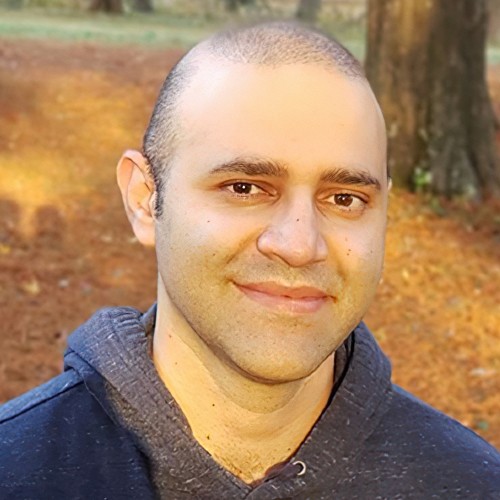IMPORTANT DATES
- Proposal submission deadline: EXTENDED TO December 15th, 2021
December 1st, 2021 - Notification of acceptance: EXTENDED TO December 29th, 2021
December 15th, 2021 - Camera-ready: March 30th, 2022
- Final tutorial materials due: June 1st, 2022
Tutorials
Following the success of tutorials at past ICHI Conferences, we cordially invite you to submit your tutorial proposal to ICHI 2022.
Tutorials at ICHI 2022 will be presented by domain experts to cover current topics directly relevant to the conference theme of computing-oriented health informatics. A list of topics of interest to ICHI 2022 include health data science, health informatics, innovative technologies and implementation science. Proposed tutorials should be comprehensive, informative, and appealing to ICHI 2022 attendees.
Submission
Tutorials can be half-day (3 hours) or full-day (6 hours) in length. Tutorial instructors must make a commitment to prepare tutorial materials (including slides and activities) that reflect the high-quality standard of ICHI.
Tutorial proposals should be submitted by email to the workshop chairs: Ali Jazayeri & Nansu Zong.
Each tutorial proposal should include two parts. No specific format is required, but the length of the proposal should not exceed five pages (one for the Part 1, and three to four for Part 2).
Part 1
A one page extended abstract describing: the title of the tutorial, the name and affiliation of the instructor(s), the scope of the tutorial, the intended audience, and what new knowledge and perspectives the attendees will acquire, and a short biography of the instructor(s). This extended abstract will appear in the conference proceedings and, in its final form, must adhere to the IEEE Proceedings Format (available here for LaTex and Word). Please use the template’s conference mode, see template documentation for details.
Part 2
A full tutorial proposal that is at most 4 pages long and must include the following sections:
- Description: A description of the main topics to be covered during the tutorial.
- Audience: What requirements and background will an attendee need to follow the tutorial (e.g., novice, expert, etc)?
- Aims and Objectives: State the learning objectives and describe them as needed.
- Case Studies (optional): If relevant, a description of real-world systems, experiences, and/or case studies to be discussed.
- CVs: Short CV for the instructor(s).
- Other: Any other information (e.g., previous tutorials given) that will assist the PC Co-Chairs and Conference Leadership to adequately review the tutorial proposal.
Reviewing
Tutorials will be accepted based on the ICHI attendees’ likely interest, the breadth and depth of the topic(s), the planned materials to be used, and the expertise and credentials of the instructor(s).
Presentation
All tutorials will be featured prominently in the conference program.
Tutorial instructors will receive free registration for the conference (one per tutorial).
Tutorial Chairs

Ali Jazayeri, PhD
Drexel University, Philadelphia, PA, USA

Nansu Zong, PhD
Mayo Clinic, Rochester, MN, USA
We cordially invite you to submit your contribution to the 10th IEEE International Conference on Healthcare Informatics (ICHI 2022) that will take place June 11th-14th, 2022 in Rochester, MN, USA.
ICHI 2022 is a premier community forum concerned with the application of computer science, information science, data science, and informatics principles, as well as information technology, and communication science and technology to address problems and support research in healthcare, medicine, life science, public health, and everyday wellness. The conference highlights the most novel technical contributions to stakeholder-centered technology innovation for benefiting human health and the related social and ethical implications. ICHI 2022 will feature keynotes, a multi-track technical program including papers, posters, panels, workshops, tutorials, an industrial track, and a doctoral consortium.